An alternative path to success
A four-year university may not be the best option
By their senior year, Bonita Vista High (BVH) students have likely heard the phrase “Compact for Success (CFS)” a million times. We’ve heard speakers from Harvard University and University of California Los Angeles (UCLA) describe their college experience and encourage us to apply to their schools too. While it’s great that students are being encouraged to apply to prestigious institutions, focusing exclusively on 4-year universities may leave many students unprepared for life post-graduation.
What tends to be glossed over as counselors dish out college readiness tips is how students are expected to finance their education in the midst of an ongoing student loan crisis and now, the COVID-19 pandemic. While the automatic answer for low-income students is to apply for the Free Application for Financial Aid (FAFSA) and seek scholarships, little attention is given to alternate plans for avoiding debt.
Many students and parents are concerned about the impact of the current crisis on their college prospects. The weakening economy is likely to prevent some students from being able to afford universities they may have planned on attending and to make matters worse, widespread school closures make teachers and counselors far less available to give academic support and advice. The Crusader sought to address some of these COVID-19 related concerns in a press conference with BVH Principal Roman Del Rosario, Ed.D., during which they asked what is being done for students whose college plans have changed as a result of the pandemic.
“I think [the counselors are] responding to students’ needs case-by-case. There are students who started ninth grade and they maybe had a goal to go to a four-year university. […] Then for whatever reason [they] have shifted their goals. Whether it was because of COVID-19 or not, counselors will, at each step of the way, advise and let them know what the next steps are,” Del Rosario said.
While Del Rosario assured that students will be supported, there seems to be no clear plan for students who decide not to attend a four-year university. Students are welcome to see counselors for guidance, but what they aren’t aware of is what the counselors will have to offer .
In talking with peers, I know I’m not alone in the experience of going to a counselor with a question and leaving just as confused. I can recall one instance in particular when I asked one counselor the difference between two math courses I could’ve taken and she had no idea. At least my freshman and sophomore years, counselors gave students a presentation covering Compact For Success, A-G requirements and possible math courses students can choose from. As I recall, community colleges and trade schools are glossed over in the presentation.
Money management techniques for students desperate to move out before college aren’t mentioned at all. If our counselors aren’t thoroughly informed about possible math classes, which they talk about at length in student presentations, I wonder what information they have for students with alternate post-graduation plans, which is rarely touched upon.
However, one must acknowledge that expecting counselors to respond case-by-case to graduation plans, as Del Rosario suggested, is a bit impractical.
“There’s just a lot of students and it can be difficult to try to form a personal bond with the counselor, especially if you don’t try to go to your counselor yourself, because otherwise the counselor has a lot of people to deal with,” Junior Daniela Gutierrez said.
Daniela makes a good point, highlighting the difficulties of case-by-case counseling. It’s impossible to address students “case-by-case” without having personal conversations with them. It would be unreasonable to ask our limited counseling staff to personally track students’ goals and check in on them regularly. This problem is exacerbated due to COVID-19, as students can no longer speak to them face-to-face.
However, this is all the more reason for counselors to be more inclusive of diverse post-graduation goals in the general plans they devise for the whole student body. If counselors can’t cater to individuals case-by-case, providing resources, like presentations on transferring from community colleges and financial planning techniques, is the next best thing.
By spending the bulk of their time explaining the path to a 4-year university right after high school, counselors rely on every family having saved money for college years prior.
This is problematic for many students in low income families, those in abusive situations and parents who may have run through the last of their savings during this pandemic. It shouldn’t take millions of deaths and an economic downturn for administration to realize that they need to prepare students for the real world, not an ideal one.
Rather than implicitly promoting the costly, somewhat elitist notion that everyone should go straight to a 4-year institution, counselors should present resources and information about attending community college, trade school or taking a gap year to work. Why don’t we hear from representatives of Southwestern College (SWC), who can help students clear their general education courses while living at home for a fraction of the tuition? What should students do if they’re in an abusive home situation and need to focus on moving out as soon as possible? Where are the presentations on completing employment paperwork, budgeting and saving up for school down the line?
After all, students rarely attend 4-years directly after high school anyway. According to “Where California High School Students Attend College,” a 2018 educational policy analysis from University of California Davis (UCD), 74% of students either choose not to go to college or attend community college directly after high school, compared to only 24% that jump straight to a university. In 2020, these numbers will likely vary considerably due to COVID-19.
The ‘College Culture’ our school strives for, manifested in university-themed spirit days and classrooms covered in pennants, fails to be inclusive of most students’ trajectories. While there’s value in showing off alumni who have gotten into prestigious schools and encouraging students that they’re capable of going wherever they want, it can be alienating to those whose plans differ from the norm. This attitude fails to acknowledge that although every student is capable of attending university, not every student can, through no fault of their own. At the very least, more conversation about other options will make students feel more confident in choosing an alternate route of education.
While it’s inspiring to see the administration’s confidence in every student, their intense focus on a 4-year university is counterproductive to practical success and perpetuates the stigma that students who take other routes aren’t as ‘successful.’ The Counseling Center needs to do a better job representing other paths to success and giving students clear roadmaps, regardless of their destination.
After repeated requests from the Crusader, the Counseling Center refused to be interviewed about resources for students choosing alternate paths post-graduation.

I’m a junior this year and this is my first year on staff. I find newspaper to be an interesting course that touches on a variety of topics, including...

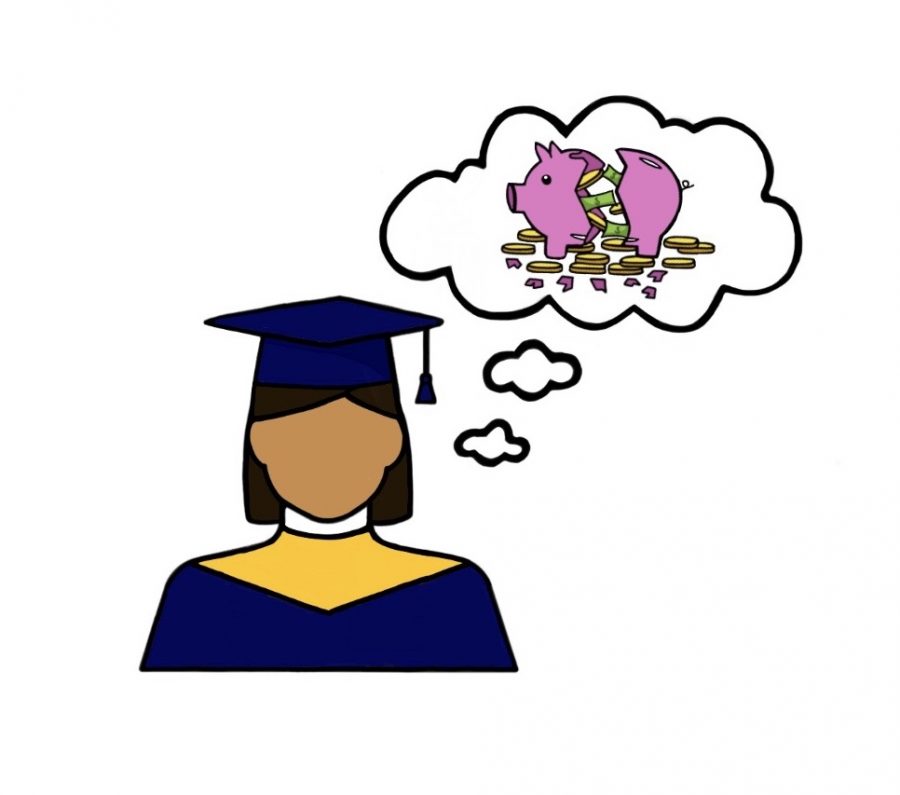
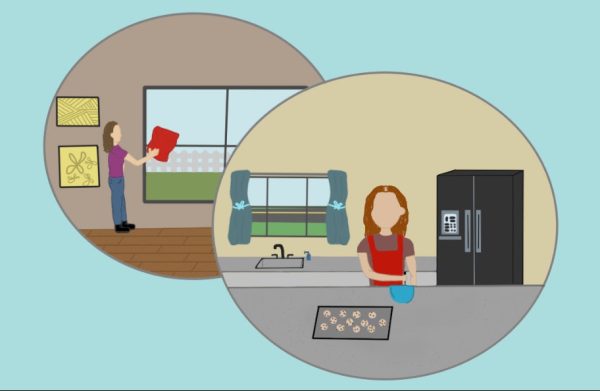


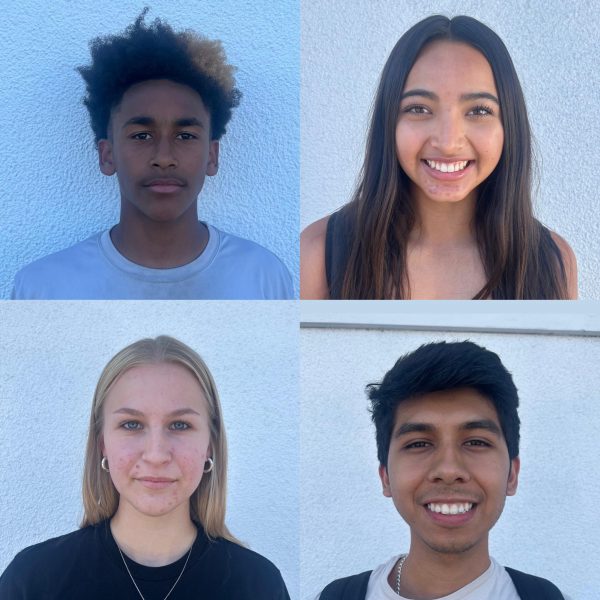


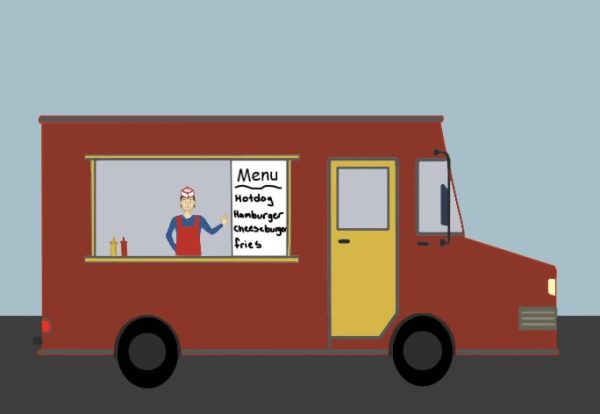

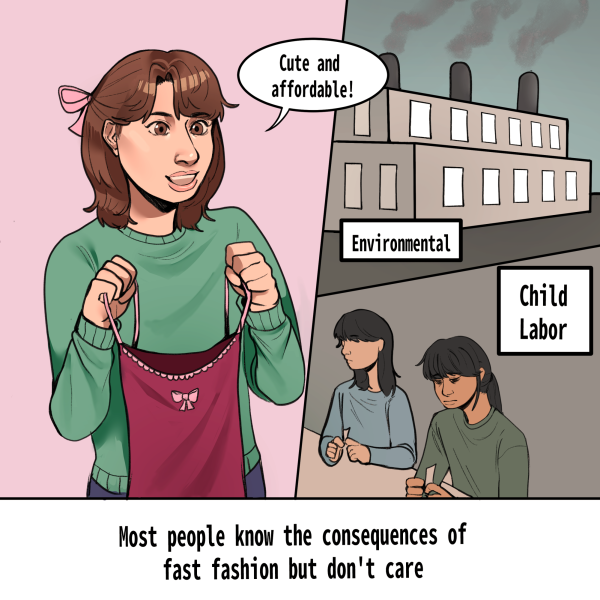

Derek Czapek • Nov 5, 2020 at 10:14 pm
I agree with some of what the author said in the article! I think it’s important for school counselors to know the differences between courses, especially the various IB mathematics courses.
I really strongly disagree with the idea that the counselors aren’t doing a good job at providing students and parents with resources on community college when Ortiz writes, “Rather than implicitly promoting the costly, somewhat elitist notion that everyone should go straight to a 4-year institution, counselors should present resources and information about attending community college, trade school or taking a gap year to work. Why don’t we hear from representatives of Southwestern College (SWC), who can help students clear their general education courses while living at home for a fraction of the tuition? ”
The counselors do a very good job at promoting Southwestern college resources on google classroom for instance. Counselor Mrs. Calderon made a post two days ago with three important links for SWC:
“Seniors
For those of you wishing to apply to Southwestern College, we’ve attached some important links for you below:
1) SWC video
2) SWC application workshop registration every Mon & Weds on Zoom, 3 – 4 pm
3)”How to Apply”, which also links to the SWC online application
Counselors are also available during College Corner, every Thursday and Friday in November up to Dec. 4 from 2:30 – 3:30 pm on Zoom. Links are:” and she went on to put the BVHS Counselor social media pages.
There are also SWC representatives who come to BVHS regularly, which are advertised through Jupiter Grades, google classroom, and sometimes by going into English classes. My counselor, Mrs. Castro, even knew exactly who to contact when I was struggling to sign up for a SWC health course online this summer. They are very available in answering questions through email for SWC/CSU/UC. In fact, some students even say the counselors focus so much on SWC and don’t have a large enough focus on private universities (which I sort of agree with, especially with the CSS profile you have to fill out for private universities). They’ve had various zoom sessions on FAFSA too though, and even multiple meetings about college in general. With those resources as first-gen and low-income, I filled out FAFSA and CSS myself.
I think it’s more so a matter of students actually opening emails, Jupiter messages, and their class’ google classroom. Most of the resources are out there, and it’s a matter of if students are willing to put in the effort to check them.
Madelyn Omelina • Oct 31, 2020 at 12:03 pm
Rosario I completely agree with everything you said. I think your article was very well written and I hope our administration, especially the counselors, read your article and get a perspective of how a lot of students are feeling.